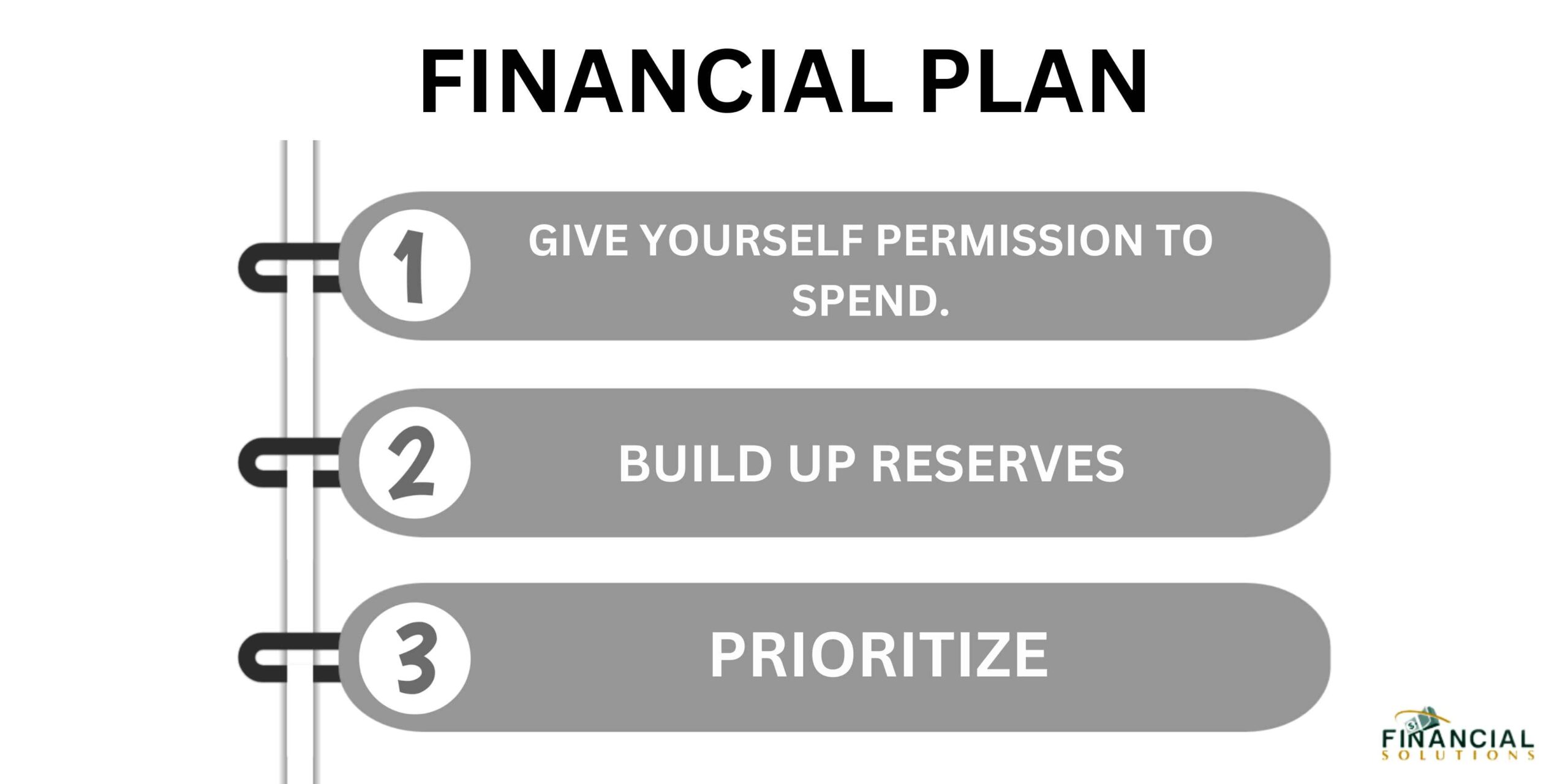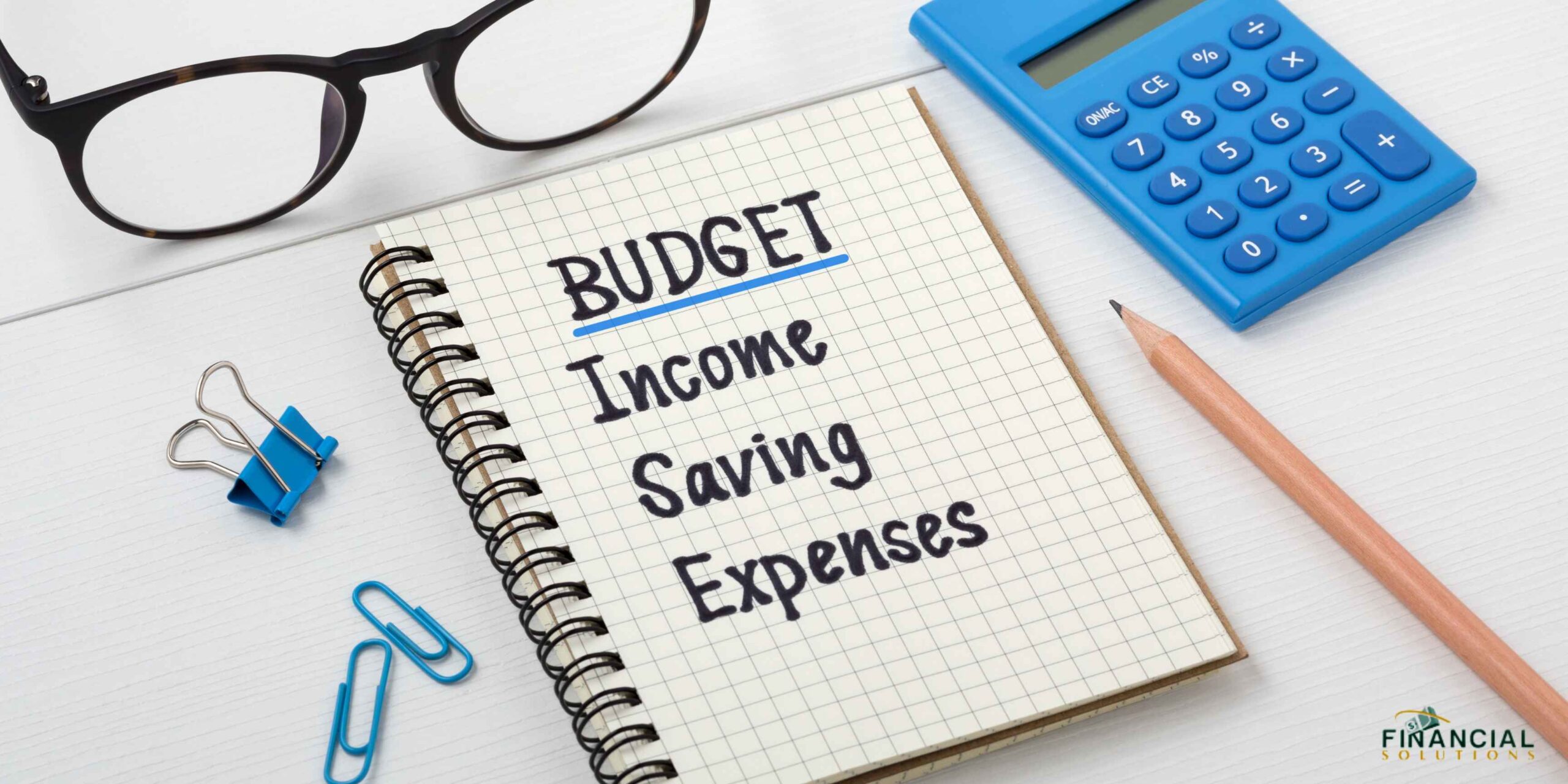
The challenges of the last couple of years have filled many people with uncertainty about the present and concern for the future. Often that can create a feeling of stasis when it comes to how we think about our money. But improving Return on Life doesn’t happen in an undefined future. ROL is an ongoing process that allows you to balance in-the-moment enjoyment with your family’s long-term security.
Here are three ways to earn the most Return On Life.
1. Give yourself permission to spend.

Traditional financial planning places a strong emphasis on the savings and investment targets you must meet in order to reach retirement. People who adhere to this model frequently put “hitting a number” ahead of all other financial considerations. Frequently, this entails leading a more frugal lifestyle and putting in more hours than necessary. Making automatic monthly contributions to your retirement accounts, planning your monthly budget, and then treating yourself to a little fun might be a healthier strategy.
For some people, it can be difficult to give themselves permission to spend. Many people may feel anxious or guilty about spending money even when it is within their budget. To live a healthy and fulfilling life, finding a balance between saving and spending is crucial.
Making a budget is the first step in finding your balance. You can keep track of your spending with a budget and use it to guide your decisions. It lets you save money for important costs like obligations, bills, and food. Additionally, you can set aside money for luxuries like entertainment and travel. Making decisions about your spending will be easier for you if you clearly understand your financial situation thanks to a budget.
After you’ve established a budget, it’s crucial to prioritize your purchases. This means allocating funds for the things that are most important to you. If you enjoy traveling, for instance, budget more for vacations. If you are passionate about your health and well-being, set aside money for things like gym memberships or nutritious foods. Setting spending priorities will enable you to enjoy your money while staying within your spending limit.
Planning for significant purchases like a new car or house can be overwhelming and stressful. However, you can prevent going into debt or using your emergency fund by setting aside monthly money for these costs. Budgeting for these costs in advance is crucial and staying away from rash purchasing choices. Consider the long-term costs of the purchase, such as maintenance or repairs, when making large purchases. Managing your finances can be challenging, but balancing saving and spending is essential to living a healthy and fulfilling life.
2. Build up reserves.

“Plan for what you know is coming and prepare for what you can’t see” is one of the golden rules of financial planning.
It’s essential to accumulate reserves for both financial stability and mental peace of mind. Establishing reserves can enable you to handle unforeseen costs or emergencies without having to use your regular funds or savings. Here are some strategies you can use to make the most of your money and leverage your financial strategy:
Make an emergency fund first. A savings account designated for unanticipated costs or emergencies, such as medical bills, auto repairs, or job loss, is known as an emergency fund. You can prevent going into debt or using your regular savings when unplanned expenses arise by setting money aside in an emergency fund. Aim to have 3-6 months’ worth of living expenses saved up.
Second, set aside money for unforeseen costs. These are recurring costs, such as home repairs, holiday expenses, and vehicle registration, which are not included in your regular monthly expenses. You can avoid feeling financially strained when these expenses materialize by setting aside monthly money for sporadic expenses.
Thirdly, make a retirement account contribution. You can create reserves for the future by making contributions to retirement accounts like a 401(k) or IRA. Compound interest and tax benefits are two features of these accounts that can aid in the long-term growth of your savings. Regularly funding a retirement account allows you to accumulate a nest egg for the future and feel more secure about your financial situation.
Fourth, think about insurance. Insurance, such as health insurance, auto insurance, or homeowner’s insurance, can shield you from unforeseen costs or emergencies. You can prevent having to pay high costs out of pocket if an unexpected event occurs by having insurance in place.
Finally, consider your spending. Be aware of your spending patterns and seek out opportunities to save money. This can involve cutting back on eating out, looking for sales, or terminating subscriptions that you don’t use. You can free up money to increase your reserves and feel more secure financially by being conscious of how you spend.
3. Prioritize.

If you have the resources to improve your Return on Life now but don’t feel free to enjoy yourself more, you might need to reassess your relationship with your money.
What is my money really for? Finding your values is the first step in prioritizing your spending. Consider the aspects of your life that are most important to you, such as your family, health, job, or hobbies. Making decisions about your spending that are in line with your values can help.
What are my financial goals? Set financial goals that are consistent with your values after you’ve determined what they are. For instance, if your family is important to you, you might decide to set a goal to save money for a family vacation or your kids’ college expenses. Setting goals can keep you concentrated on your priorities and prevent you from overspending on things that don’t support your values.
What are my financial goals? Once you have identified your values, set financial goals that align with those values. For example, if your family is important to you, you may set a goal to save for a family vacation or college education for your children. Setting goals can help you stay focused on what is important to you and avoid overspending on things that don’t align with your values.
What is my budget? Creating a budget is a crucial step in prioritizing your spending. A budget helps you track your income and expenses and identify areas where you can cut back or reallocate your spending. When you create your budget, make sure you allocate your funds towards your values and goals.
Is this purchase aligned with my values and goals? Before making a purchase, ask yourself if it is something that is truly important to you and if it aligns with your values and goals. If it doesn’t, consider whether you should spend the money on something else that does align with your values and goals.
How can I evaluate and adjust my spending regularly? Finally, evaluate your spending regularly to make sure that it is aligned with your values and goals. If you find that you are overspending in certain areas, adjust your budget accordingly. Evaluate whether or not your budget and financial goals are helping you meet your long-term objectives.
If you’re struggling to connect your time and money to your top priorities, the Fiscalosophy tool may be able to help. This tool can assist you in understanding your feelings about money and where those beliefs originate from. Once you’ve gained insight into your relationship with money, we can use the ROL Index to analyze how you’re currently using your money and identify areas where adjustments may be needed.
Additionally, the $Lifeline tool can help you prepare for upcoming transitions, such as retirement or starting a family, by guiding how to allocate your resources during these changes. By leveraging these tools, you can align your spending with your values and priorities, making every stage of your life as fulfilling as possible.
If you’re interested in learning more about how these tools can help you find balance and enjoy your money more, call us. Our team can work with you to develop a financial plan that meets your unique needs and goals, helping you to achieve financial stability and security.

Your determination and passion resonate in every section you pen. It’s truly inspiring.